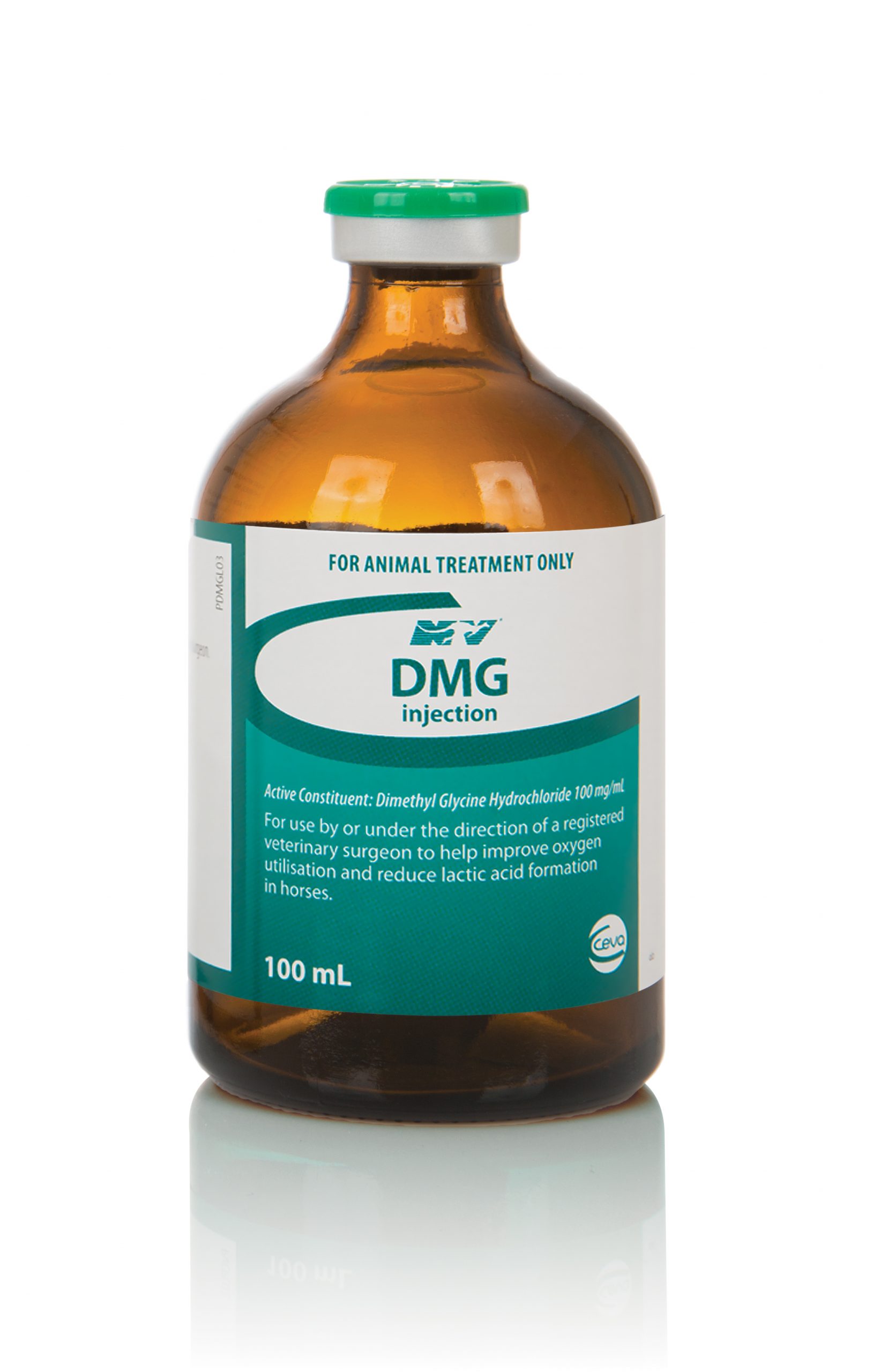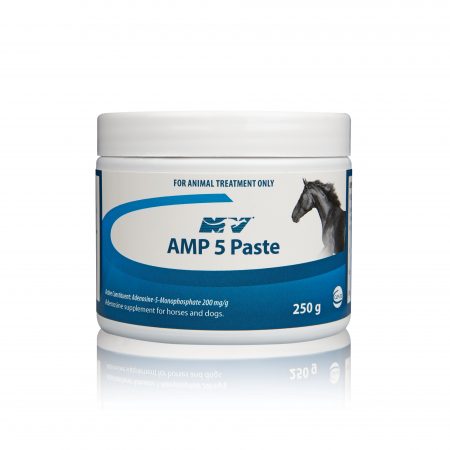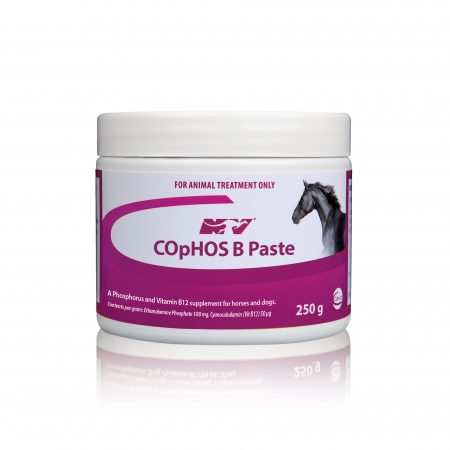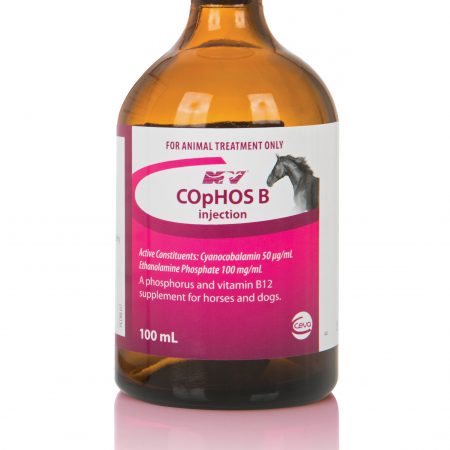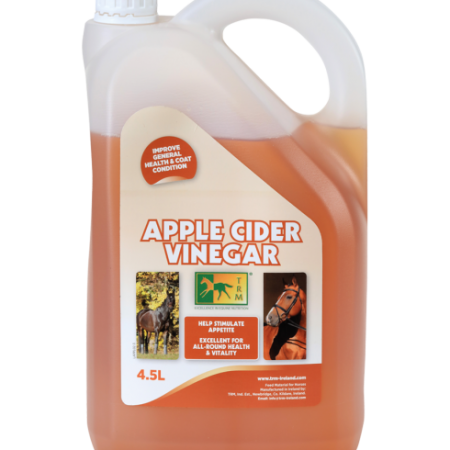Description
Dimethylglycine (DMG) is a naturally occurring nutrient which is described as an ergogenic food factor, or antistress nutrient.
DMG enhances the metabolism to improve endurance in performance horses by reducing lactic acid accumulation in muscles.
DMG improves oxygen utilisation and increases glycogen, creatine phosphate, phospholipid and total lipid content in cardiac and skeletal muscle.
DMG increases the body’s tolerance to hypoxia, increases oxygen uptake by tissues, improves circulation, and reduces lactic acid production during exercise.
Stamina and endurance are improved by an increase in oxygen utilisation and reduction in lactate accumulation in muscles, resulting in increased endurance via a glycogen sparing effect.
DMG acts as a key element in the biological pathway which maximises the amount of energy produced per molecule of oxygen consumed.
DMG also acts as an anti-oxidant, protecting cells from damage caused by free radicals (the waste products of energy production), and helps to enhance the immune response (so acts as an antistress nutrient). DMG transports oxygen for ATP production in muscle tissue.
Supplementing with DMG has a number of benefits for athletic animals: enhanced energy supply, increased oxygen utilisation, and decreased accumulation of lactic acid in muscle tissue. Studies in both horses and greyhounds have demonstrated the ability of DMG to improve stamina and endurance, as well as improve recovery after hard physical exercise.
DMG is also indicated for cardio-pulmonary insufficiency and poor circulation.
DMG supplementation is commonly used in human athletes to improve overall performance and endurance, to enhance oxygen utilisation, and to improve recovery.
DOSAGE AND ADMINISTRATION
Horses: 15 mL daily for 3 – 4 days prior to strenuous exercise (by
intravenous injection).
Dogs: 3 mL by intravenous injection.

